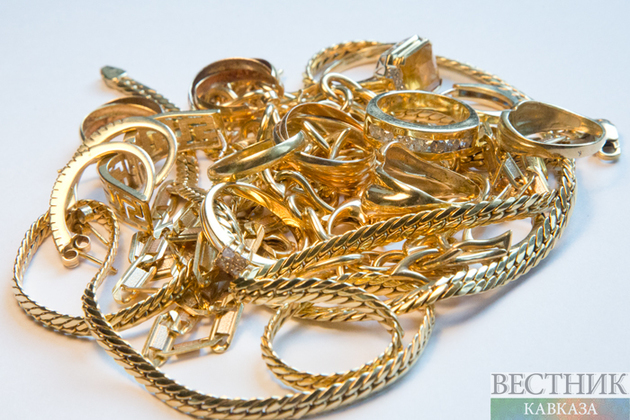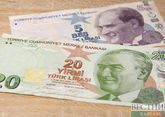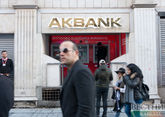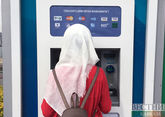Turkey will expand its drive to lure savers back to the lira next week with a scheme aimed at bringing billions of dollars worth of “under the mattress” gold into the banking system, the country’s finance minister told investors during a visit to London, Financial Times writes.
Nureddin Nebati, who this week made his first trip to the UK since being appointed at the end of last year, said that the government hoped that 10 per cent of the estimated $250bn worth of gold kept by Turks in their homes would be converted into lira under the initiative, according to two participants at the event. Nebati said that 30,000 gold shops would play a central role in the scheme, which will build on a broader package of emergency measures unveiled in December in order to halt a freefall in the lira, which lost 44 per cent of its value against the dollar in 2021.
The government had signed contracts with five gold refineries to convert jewellery handed over under the programme into gold bullion that would contribute to the country’s central bank reserves, he added. The ministry of finance declined to comment on the plan but Turkey’s state-run Anadolu news agency cited Nebati as saying that new measures would soon be announced to put “under the mattress gold into the [financial] system”.
A traditional gift given for weddings and births, gold has long been a preferred way for Turks suspicious of the banking system — and their country’s history of inflation — to guard their wealth. But Turkish officials see it as part of a broader problem of “dollarisation”, or flocking to foreign currencies and precious metals, that has been a persistent source of pressure on the Turkish lira.
While the new deposit schemes have had some success, attracting about $23bn in total, analysts are sceptical that they will provide a lasting solution to mistrust of the lira. Turkey has negative real interest rates of almost 35 per cent once Turkey’s inflation rate of 48.7 per cent in January is taken into account. One investor who attended one of Nebati’s group meetings said Turks’ longstanding mistrust of the lira would be hard to overcome. “Maybe if they pay a really good interest rate they can get some [interest],” he said. “But I doubt they’ll get $25bn.”
Nebati, who was appointed in December after the resignation of his predecessor, struck a bullish tone in a series of London meetings aimed at winning back foreign investors who have fled from Turkish stocks and bonds in recent years. He defended president Recep Tayyip Erdogan’s contentious policy of keeping interest rates far below inflation, predicting that inflation would fall sharply at the end of this year.
Still, attendees told the Financial Times that Nebati came across as confident and well-briefed. “This guy had a pitch. He’d prepared,” said Tim Ash, an emerging markets strategist at BlueBay Asset Management. “The message was clear: foreign capital is welcome. Forget about capital controls, we’re not going to do that. That’s encouraging.”
Others warned, however, that the government’s efforts to hold the lira steady through micro management tools such as the deposit scheme, rather than orthodox economics, would backfire eventually. “The determinator of the valuation of the currency is the interest rate,” said another participant. “De-dollarisation by administrative means is impossible. Maybe they can make it work for a year but after that it will blow up.”










